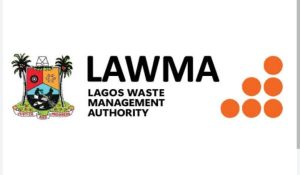Nigeria has received the first batch of 846,000 doses of the R21 malaria vaccine, marking a major milestone in the country’s fight against malaria.
The vaccines, supplied by Gavi, the Vaccine Alliance, were officially launched on Thursday in a ceremony attended by key stakeholders, including officials from the Ministry of Health, the National Primary Health Care Development Agency (NPHCDA), and various development partners.
During the launch, Nigeria’s Minister of Health, Ali Pate, emphasized the significance of the vaccines’ arrival, describing it as a crucial step in the government’s broader efforts to eliminate malaria.
“This is a significant milestone in our ongoing fight against malaria. The R21 vaccine is a critical tool in our strategy to reduce the malaria burden and save lives,” Pate said. He highlighted the importance of complementing existing malaria treatments with this new vaccine to achieve better outcomes.
Pate explained that the initial doses would be prioritized for states with the highest malaria burden, specifically targeting Kebbi and Bayelsa states.
These regions have experienced high rates of malaria infection, making them a primary focus for the distribution of the first batch of vaccines. The minister also sought to address concerns regarding the safety and efficacy of the R21 vaccine, assuring the public that the vaccine has undergone rigorous testing and has been proven to be both safe and effective in the treatment of malaria.
“The R21 malaria vaccine has been thoroughly tested, and we can confidently say that it is a safe and efficient option for malaria prevention,” Pate affirmed. The vaccine, developed as a complementary measure to existing antimalarial drugs and mosquito control strategies, is expected to reduce the prevalence of the disease significantly.
Muyi Aina, the Director General of the NPHCDA, also provided insights into the strategic plans for the vaccine’s distribution. He outlined that an enforcement team would be established to oversee the rollout process and ensure the vaccines reach the intended recipients efficiently.
Aina added that the date and specific locations for administering the vaccines would be communicated in due course, ensuring a well-coordinated effort across the target states.
“Approximately 140,000 additional doses of the R21 vaccine are expected to arrive in the coming months, with our aim being to make a total of one million doses available in this first phase,” Aina stated.
He emphasized that the agency is committed to ensuring that the vaccines reach those who need them most, particularly in high-risk areas where malaria cases remain a pressing concern.














